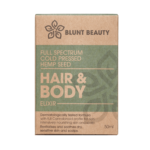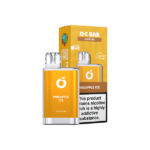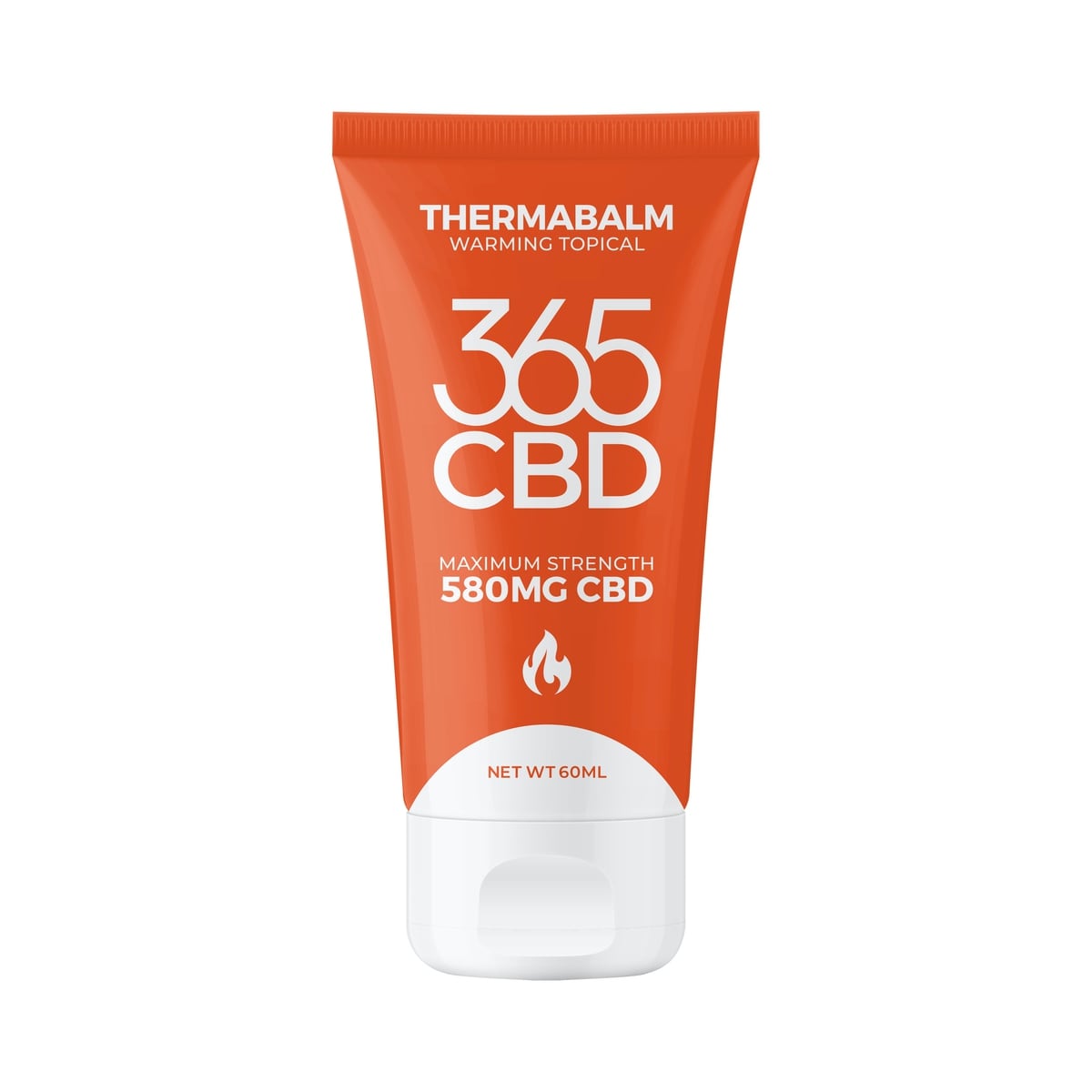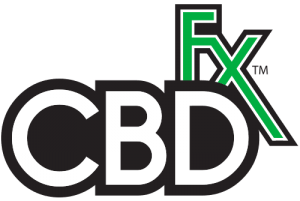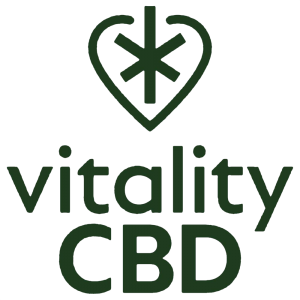It seems as though both hemp oil and CBD oil came out of nowhere and became hugely popular a few years ago.
While they’ve both now been around for quite some time, people are finally starting to recognise their individual benefits.
But, there are several key differences between the two, including where they come from, the benefits they can provide, and how you can get them.
So, is CBD oil the same as hemp oil? The short answer is no. Let’s cover a few of their similarities and difference before diving deeper into which oil you should be looking at for your specific needs.
The similarities between hemp oil and CBD oil include:
- Both are derived from the cannabis Sativa plant
- Both are non-intoxicating
- Both can be ingested or used topically
- Both have healing properties
Some of the differences between the oils include:
- They are derived from different parts of the cannabis plant
- Hemp oil does not come with a Certificate of Analysis (COA)
- Hemp oil doesn’t contain cannabinoids
- CBD oil can contain up to 0.3% THC, while hemp oil contains none
Jump to a section
What Should Hemp Oil and CBD Oil Be Used For?
Hemp oil has already been used in the beauty industry for many years. CBD is a bit newer for most people. But, about 6 million adults in the UK claim to have used CBD in some form.
Most people associate hemp oil with skincare – and for good reason! Hemp oil is naturally rich in essential fatty acids that are great for your skin. It offers skincare benefits like:
- Moisturisation
- Skin cell repair
- Anti-ageing properties
- Anti-inflammatory properties
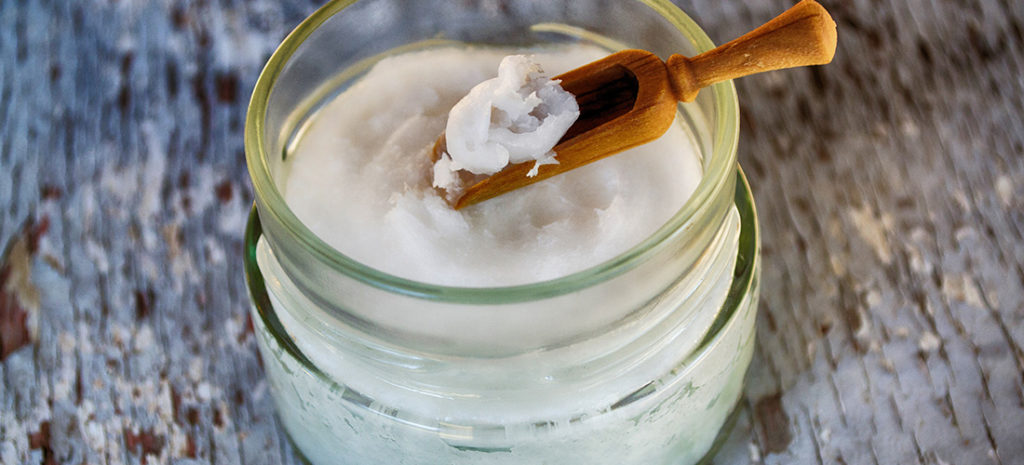
People with dry skin or conditions like eczema often benefit from using products with hemp oil.
In addition to improving the condition and appearance of your skin, hemp oil is great for your mind and body as well. The healthy fats found in hemp oil support brain health, maintain a healthy heart, and can even help with joint pain from arthritis.
CBD oil has become a bit more expansive when it comes to its benefits, as people seem to find new uses for it all the time. CBD oil can help with:
- Nerve pain
- Muscle aches
- Joint pain
- Acne
- Inflammation
For this reason, CBD has become popular with fitness fanatics as well as people looking for relief from things such as arthritis.

Some studies have shown that the use of CBD can even help with things like substance abuse, certain cancers, and the prevention of diabetes.
Hemp Oil vs. CBD Oil for Anxiety

Both hemp oil and CBD oil can be beneficial for your mental health, especially when it comes to anxiety and depression.
These are the two most common mental illnesses across the globe. Many people diagnosed with anxiety or depression have to rely on prescription medications in order to feel a sense of normalcy, but some people are eager to take a more natural approach.
While more research needs to be done, there are a few reasons why CBD oil can benefit those with anxiety, including:
- It is a non-addictive substance (some prescription medications can be habit-forming)
- It is widely-available
- It works with your brain’s receptors for serotonin to regulate your mood
But, what about hemp oil? It can help you to achieve similar results when you use it to reduce anxiety, but for slightly different reasons. Hemp oil is useful to combat symptoms of anxiety because:
- It contains high amounts of Vitamin E (A vitamin E deficiency can trigger anxiety)
- It contains high amounts of magnesium to regulate stress
- Omega-3 fatty acids help to improve your mood and boost your brain’s cognitive function
Does Hemp Oil Contain CBD?
Hemp itself is actually naturally rich in CBD. But, the processing of hemp oil makes it so that when you purchase a bottle, it usually will contain no CBD at all – or very trace amounts. This is because hemp oil is derived from hemp seeds only and CBD is made from using the whole plant.
What Are the Side Effects?
Many people start using either hemp oil or CBD oil in place of traditional medications because they are derived naturally, are non-addictive, and don’t have any harmful side effects. However, some people may experience mild symptoms when using either oil, including:
- Irritation in the throat
- Nausea
- Diarrhoea
- Dry mouth
- Drowsiness
Again, these symptoms are usually mild and may even be the result of using hemp oil or CBD oil with other medications. If you do experience any side effects, try changing your dosage or using a different product.
How Can Hemp Oil and CBD Oil Be Used?
The possibilities are really endless when it comes to using either type of oil, but it can be a bit more fun to get creative with hemp oil. While CBD oil is typically used by placing a couple of drops under the tongue or applying it topically, hemp oil can actually be used in a variety of food dishes, including:
- Smoothies
- In oatmeal
- In baked goods
- On yoghurt
- As a cooking oil

Should I Use Hemp Oil or CBD Oil?
Pound for pound, CBD oil may be slightly more beneficial than hemp seed oil because it is derived from the entire plant. But, it really depends on what your needs are and what you want to gain by using either type of oil.
If you just want a nourishing, everyday oil, consider using hemp oil for things like:
- Skincare
- Diet
- Reducing pain from inflammation
- Reducing stress levels
If you’re looking for something with stronger health benefits, CBD should be taken for things like:
- Anxiety/depression
- Muscle aches
- Joint pain
Using both oils can benefit you in different ways. Including both in your daily health and wellness routine won’t cause any adverse effects. They won’t counteract each other or work against each other.
The best thing you can do when purchasing either hemp oil or CBD oil is to read the labels. If you don’t understand what an ingredient is, don’t be afraid to do your research. As both of these oils continue to grow in popularity, manufacturers will continue to include additives or make “blends” that may not give you the same benefits.


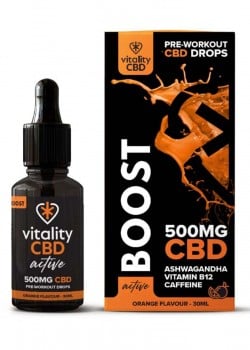
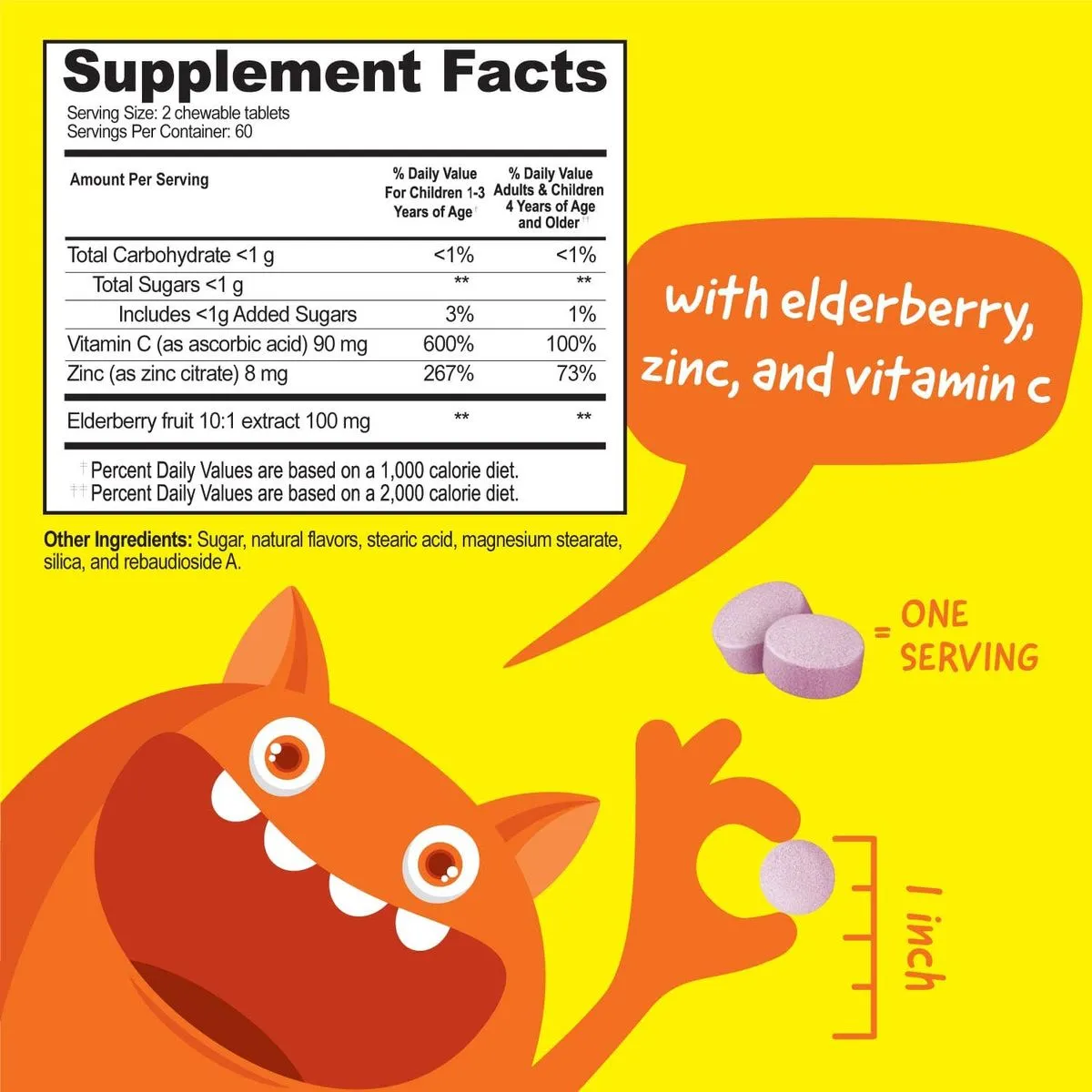
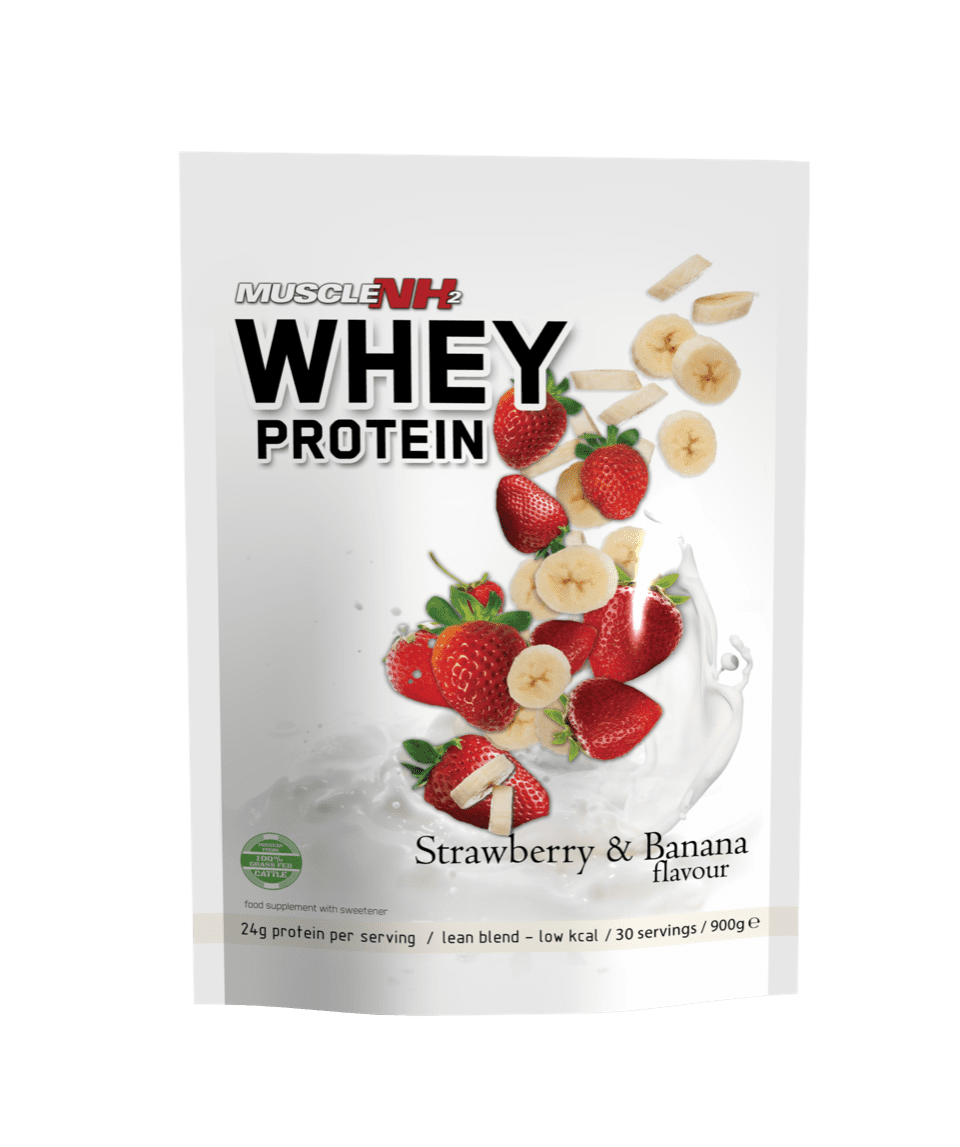 sports nutrition supplements
sports nutrition supplements 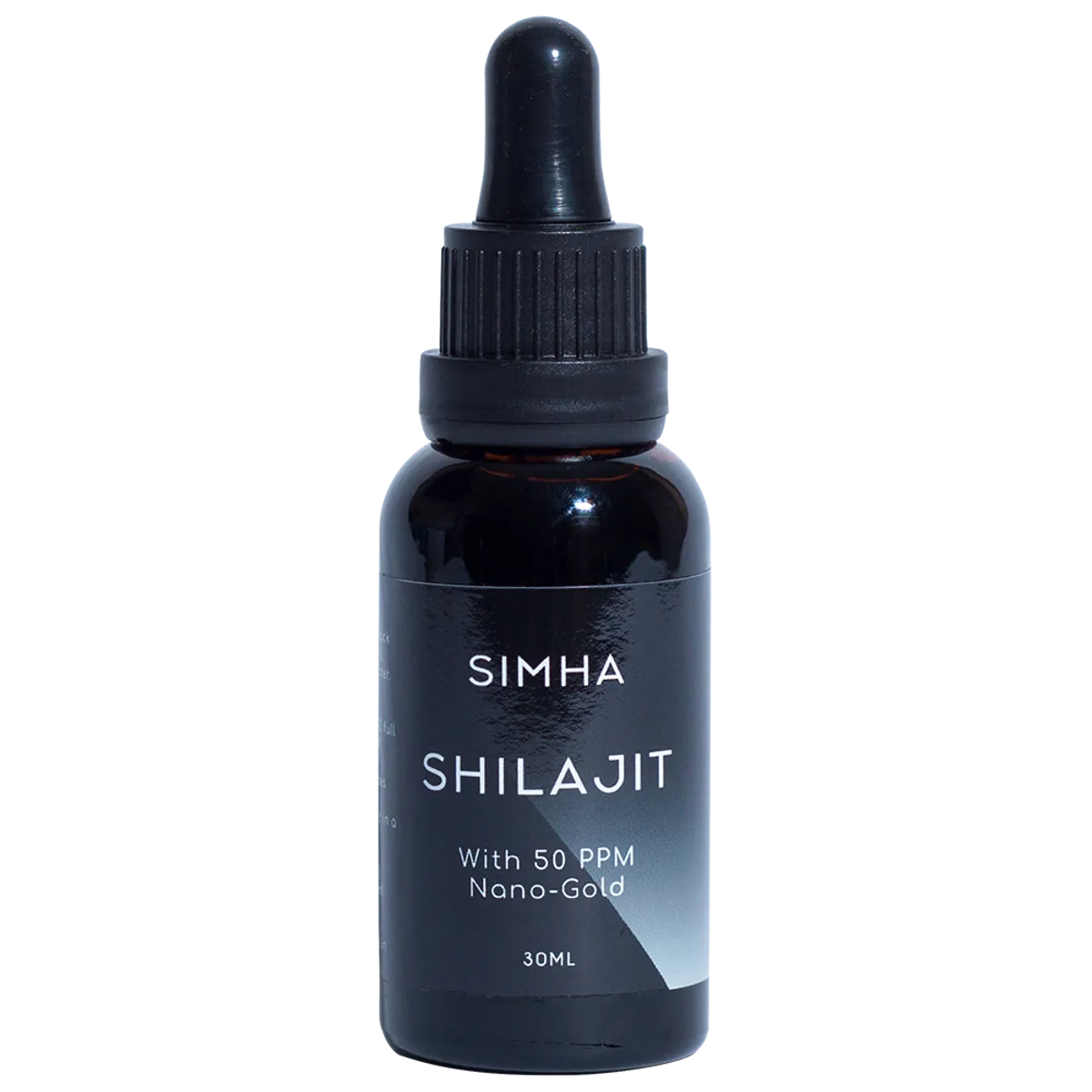 Food Supplements
Food Supplements 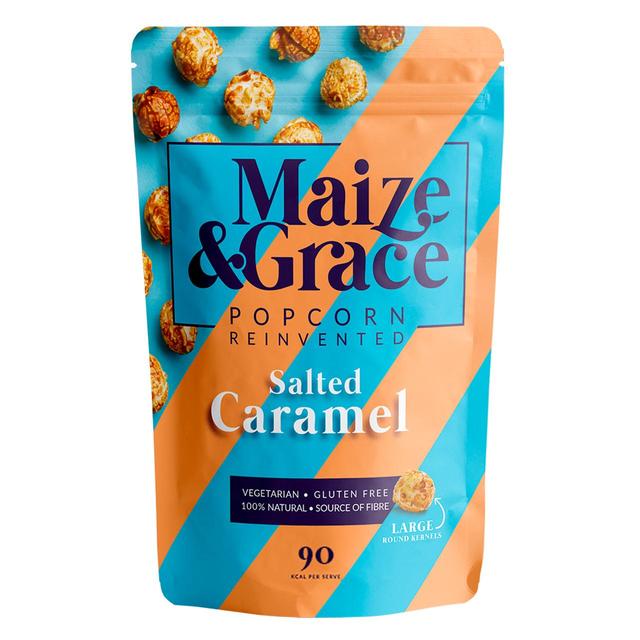
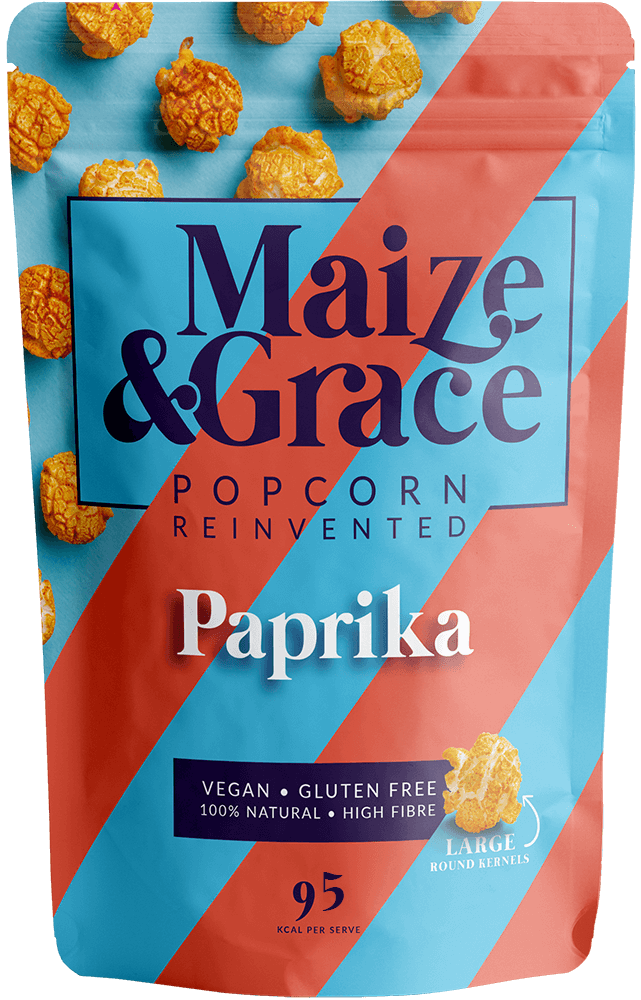 Popcorn
Popcorn 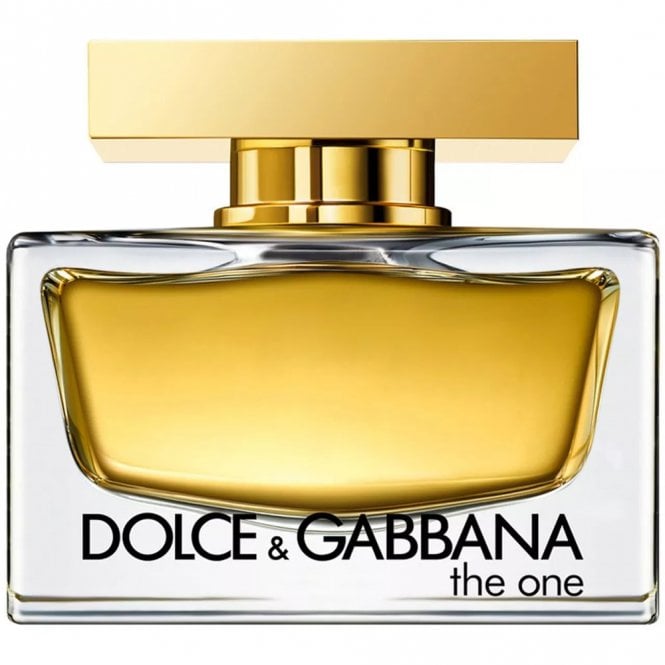 Dolce & Gabbana Perfume
Dolce & Gabbana Perfume 